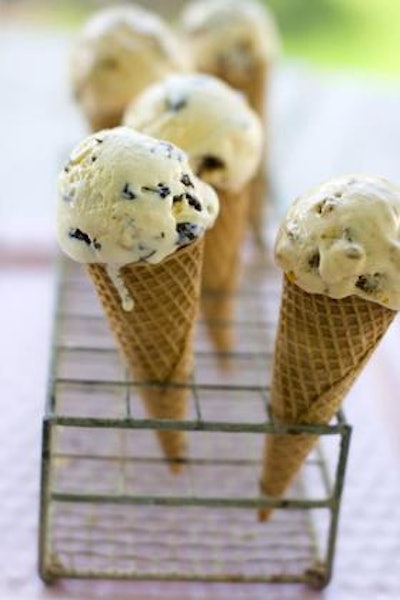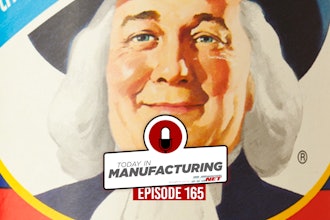
 Scottish researchers believe that a protein found in some Asian foods could eventually produce ice cream that melts much more slowly.
Scottish researchers believe that a protein found in some Asian foods could eventually produce ice cream that melts much more slowly.
The naturally occurring protein — called Bacterial Surface Layer A, or BslA — stems from the bacteria Bacillus subtilis. When the bacteria grows into colonies, it forms a coating of BslA as a form of protection.
The coating can stick to solid surfaces, oil droplets and air bubbles — or all three components of ice cream.
The result, researchers from the universities of Edinburgh and Dundee said, could stabilize ice cream and prevent it from melting as rapidly.
"We are predicting that you should be able to eat an ice cream cone without the ice cream dribbling down the side," the University of Edinburgh's Cait MacPhee told CBS News.
The same process also helps prevent the formation of ice crystals, which could allow ice cream to remain in freezers without receiving freezer burn.
Scientists said that in addition to improving ice cream's texture on a hot day, the protein could allow for longer storage and require less energy to both make and transport the product.
A patent on the protein is pending and the researchers published two papers on the process to date. They anticipate that ice cream with the protein included could reach grocery shelves in three to five years.






















